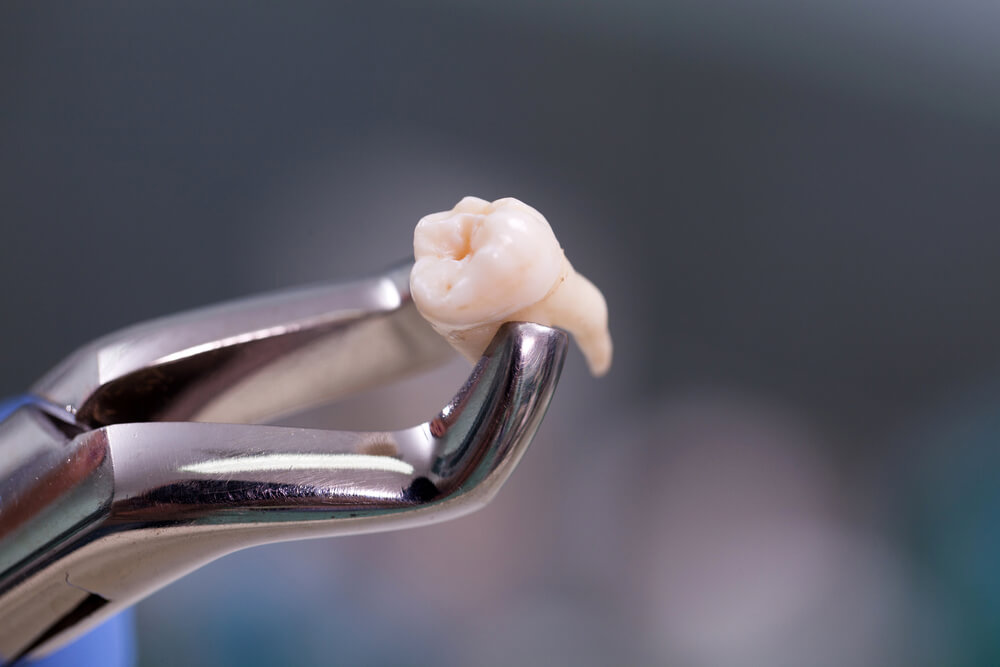With age comes wisdom, in this case wisdom teeth! A wisdom tooth is the tooth at the very back of the tooth row. They usually come sometime between the ages of 17 and 25. Some people never get any wisdom teeth, others get one, two, three or all four. Getting a wisdom tooth does not necessarily mean that you need to seek care. If they stay hidden in the jawbone and remain there without causing any problems, usually no measures need to be taken. The same applies when there is plenty of room in the jaw for them to come up and get a proper seat, but this is not always the case.
Symptoms of a wisdom tooth
A wisdom tooth does not always cause any symptoms, but if it becomes infected, damages nearby teeth or negatively affects the surrounding jawbone and gums, these symptoms can occur:
– Red or swollen gums
– Sore or bleeding gums
- Pain in the jaw
– Swelling around the jaw
- Bad breath
- An unpleasant taste in the mouth
- Difficulty opening the mouth
- Fever
When should I seek care for a wisdom tooth?
Care for a wisdom tooth that has not erupted properly or developed abnormally should be sought as soon as pain, swelling or fever of any kind occurs. An untreated wisdom tooth that causes problems can:
- Damage other teeth which in turn can cause infections in the area. The pressure a wisdom tooth can cause on other teeth risks crowding them and leading to problems with crowding in the future. This may then need to be remedied with some form of orthodontic treatment.
- Create cysts/blisters in the jawbone where the wisdom tooth arose
- Cause tooth decay as it is more difficult to remove bacteria and food residues that may have stuck between the gums and the wisdom tooth
- Cause gum disease as it can be difficult to clean all the areas around a crowded wisdom tooth.
Unfortunately, there is no way to prevent a wisdom tooth from coming through. The best thing to do is visit your dentist for regular visits for cleaning and control.
Treatment of a wisdom tooth
A wisdom tooth that is causing problems usually needs to be removed with or without surgery to prevent symptoms from worsening or other dental and oral problems from occurring.
Wisdom teeth that do not cause any problems and either stay embedded in the jawbone or emerge properly are called asymptomatic wisdom teeth. Even these wisdom teeth are sometimes recommended to be removed but not always. This is to prevent suspected future problems from occurring. This is to:
- Problems with wisdom teeth do not always necessarily arise in young adults, but may only arise later in life
- The procedure to remove a wisdom tooth becomes more and more risky the older you get
- Symptom-free wisdom teeth are not always disease-free
- There is not always enough room for the wisdom tooth to come up. This makes it difficult to access them and clean properly.
TandCity recommends that you always consult a dentist before deciding whether or not to remove your wisdom teeth. Call or email TandCity if you need advice or more information about wisdom teeth.
Contact TandCity for your healthy dental care
Contact us directly, or take a look around our website to learn more about our services for dental care and oral hygiene. TandCity's goal is to be able to assist everyone who needs and wants high-quality dental care at a reasonable price, without any compromises.
“The text above is written for online marketing purposes. The views are the author's own and do not necessarily reflect the views of TandCity.”

